.jpg)
Products that don't use recycled plastic will cost 10% more in the future.
Today France woke up right in the middle of a fight its government launched against non-recycled plastic packages, which is bound to change forever the future of the packaging industry. The announcement, made yesterday by Brune Poirson, secretary of state for ecological transition during an interview to Journal du Dimanche is the very first step towards the goal of 100% of plastic recycled by 2025 French government has pledged to reach in order to reduce the vast amount of plastic finding its way into oceans.
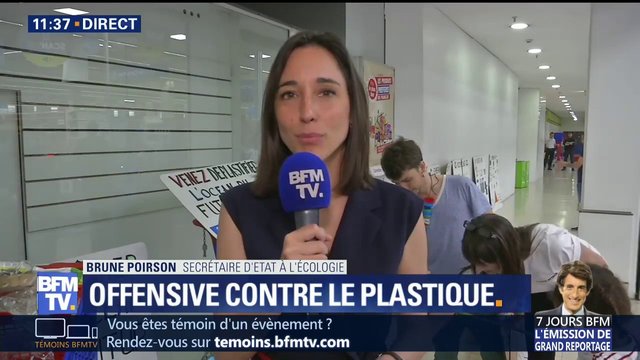
Up to now, results have not been particularly satisfactory: even if single-use plastic bags which cannot be composted have already been outlawed in supermarkets hoping to encourage people to shop with their own bags, just 25% of plastic in France is recycled today (60 Million Consumers reports), but the country is seriously intentioned to make steps ahead in line with European Commission goals. In May, indeed, the Commission introduced laws to make cutting down on plastic a priority for the entire bloc, by incentivizing the use of alternative materials and giving funds for businesses. "We're hoping that companies play along so that clients aren't the ones penalized," Flore Berlingen of the association Zero Waste France told Agence France-Presse this morning.
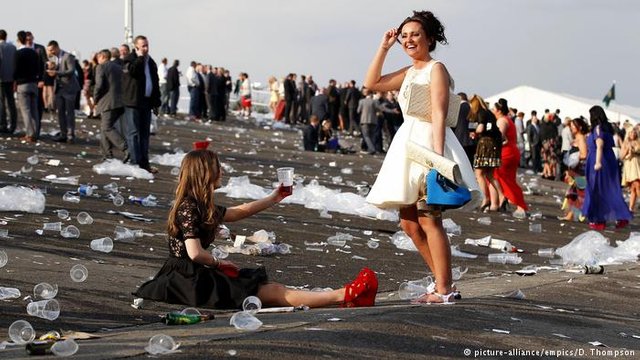
The proposed initiative is only one part of a series of measures that won’t just introduce a penalty system for consumers but above all grow public awareness of the problem. "Declaring war on plastic is not enough. We need to transform the French economy", Poirson declared, announcing the other measures which include:
- A deposit-refund scheme for plastic bottles
- An increase in taxes on burying trash in landfills
- A cut in taxes for recycling operations
- A ban against superfluous and substitutable plastic products such as straws, cups, and plates by 2020
- A new, standardized color of recycling bins across the country.
"When there's a choice between two bottles, one made of recycled plastic and the other without, the first will be less expensive," she summarized.
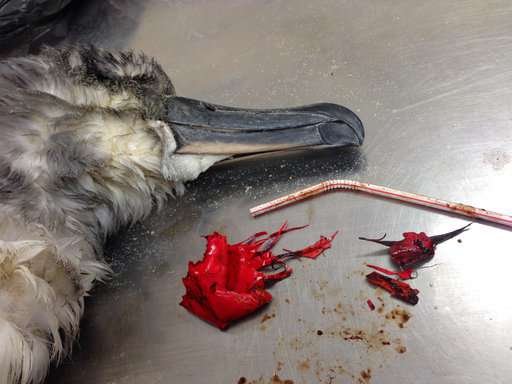
And some big brands already demonstrated they got the message: the Carrefour and Leclerc supermarket chains have immediately declared they will quit selling plastic straws in the coming months, ahead of the law outlawing them.
Emmanuel Guichard of the Elipso federation of plastic packaging makers gave a cautious welcome to this announcement: "For bottles, giving consumers a choice is possible. But we can't forget other items — today there's no recycled plastic available for yogurt pots." (Any startup out there?)
 Nonetheless, this is a positive and encouraging signal, which seems to follow a path common to most European countries, as well as the recent wave of "plastic attacks", a global protest where shoppers dump all the packaging of their purchases outside stores in order to raise awareness on the problem and put pressure on supermarkets to eradicate unnecessary plastic packaging.
Nonetheless, this is a positive and encouraging signal, which seems to follow a path common to most European countries, as well as the recent wave of "plastic attacks", a global protest where shoppers dump all the packaging of their purchases outside stores in order to raise awareness on the problem and put pressure on supermarkets to eradicate unnecessary plastic packaging.
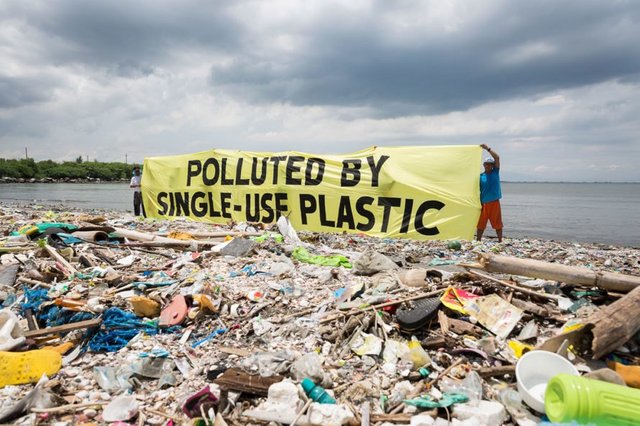
And the same global packaging industry - in the eye of the storm after recent researches showed global plastic production has increased more than 40% over the past 10 years, largely driven by packaging – now must deal with this challenge and make peace with ending the plastic era. Since mass production began in the 1950s humanity has produced 8.3 billion metric tons of a material that doesn't easily biodegrade and that today is all around us: not only into the oceans – where, according to a Science research of 2015, each year 8 million tons of plastic are discarded -, or in the landfills of the Third World outskirts, but also in the air we breathe, in the water we drink and in the food we eat: trillions of tiny particles less than 5 millimeters in diameter are floating around in there. Eating the material, also, lead to organ damage and blockages in the gut of all animal species, as has just happened to a whale, in which stomach vets found 80 shopping bags and other plastic garbage.
If current trends continue, scientists believe there will be 12 billion metric tons of plastic on the planet by 2050. Over 50% percent of it goes to disposable products, including single-use cutlery and six-pack rings that end up in the natural environment, plastic bags and wraps, and the rest for products with a long lifespan, such as furniture and piping.
But will the packaging industry one day really abandon plastic? Good ideas will be able to save the planet and there are many startups around that are launching some of those: the German startup Wisefood has developed an edible straw made from the leftovers of Germany’s apple juice production; the Indian startup Bakey’s offers forks made out of sorghum, while the US company SpudWares, out of potato starch; the Polish company Biotrem has developed plates made from bran that are organic and decompose after 30 days; the Balinese startup Avani has developed cups in compostable bioplastic made from corn star; the municipality of Berlin is testing out a pilot project allowing coffee aficionados to borrow a reusable bamboo mug for a small deposit, and return it at another cafe at a later point.
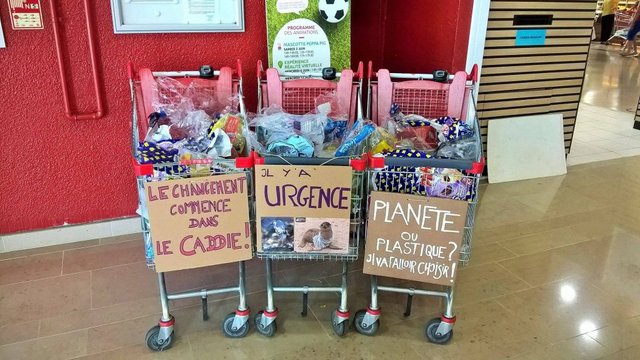
All this gives us cause for hope good ideas will save the planet (and are also the business of the future!)